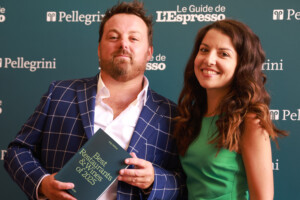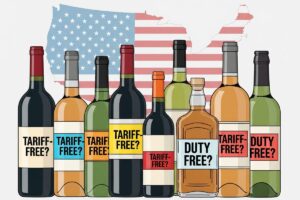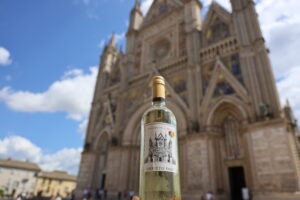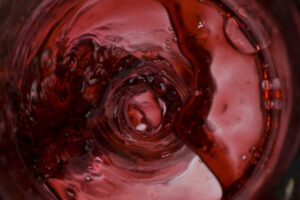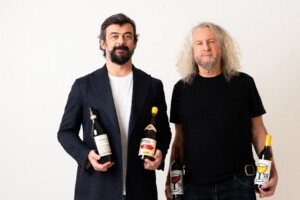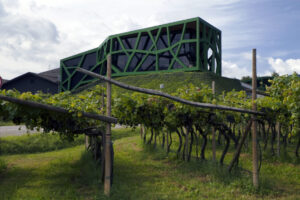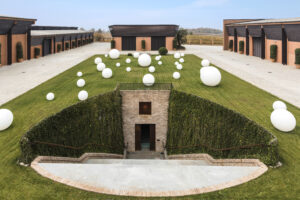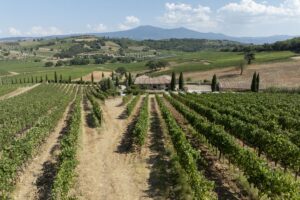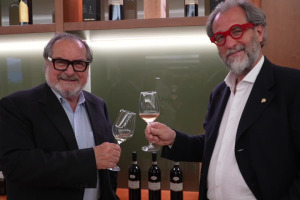Support measures must be revised to sustain winemakers and wine artisans, who are the ones that will pay the heaviest price due to the COVID-19 health emergency. It will take a long time to get over the crisis, much longer than we had hoped and we will know exactly how long, only at the end of this year, when balance sheets are drawn up. It is an extraordinary situation, which calls for extraordinary measures, even perhaps some that have never before considered. For instance, a massive distillation plan that includes Denomination of Origin and Geographical Indication wines, which are suffering the most from the horeca crisis, at the stop, at least for a few years, to the use of Rectified Concentrated Must. Knowing that the worst is yet to come, and in all probability, for the next 2-3 years, many wineries around the world will have excess production, so that there will be an enormous tension on international markets as we have never before seen. These are, in a nutshell, the considerations and criticisms “on the color of the crisis” and on the period that Italian wine, and not only, is experiencing, signed by Angelo Gaja, one of the most influential, expert and revered Italian producers. Here are his reflections:
The color of the crisis
“What if this horrible year for Italian wine were to continue in 2021? The premises are all there. Trumpets have been sounding in Italy for the 2020 harvest that promises to be the richest in grapes in the world. This not an enviable record, though, since we are in the middle of an unprecedented consumption crisis affecting all markets and involving all wineries all over the world, increasing their stocks. Minister Bellanova had set aside measures for the destruction of grapes and wine (distillation) financed with 150 million euros of public money o address this issue, but they arrived late and only one third of the funds were used. It was not the Minister Bellanova’s fault, but rather the external advisers who report to various associations and attend negotiation talks.
Some at first did not want to hear about distillation, and then accepted it only for table wines, while the PGI and PDO wines needed it. Some preferred measures in favor of storage, encouraging accumulating stocks in the wine cellars, trusting in the rapid end of the crisis and a prompt recovery in consumption, which instead will not happen at all and the agony will continue.
Further, some raised a myriad of objections, slowing down putting the public intervention measures into effect and they therefore lost effect.
The crisis in the wine sector will be longer because it is linked to the open market channel and tourism. Up until now, there has been a shower of real-estimated-probable-fake numbers, even from authoritative sources, commenting the progress of the crisis. Instead, only at the end of the year the total stocks of wine in Italian wineries will be known and bad news is expected. Plus, at the end of the year, considering the decline in volume, there will be the most dramatic and conspicuous decline in value of Italian wine exports and turnovers will weep.
When the financial statements of the Italian mega wineries are made public in the spring of 2021, and the real numbers revealed, it will be noted that for many of them the losses in turnover compared to 2019 will exceed 20%. The winegrowers selling grapes and the small and medium-sized artisanal wineries, the largest and most fragile sector, will lose the most, however. Minister Bellanova must allocate more resources to this sector, during the confrontation that he will be conducting with external advisers.
In this moment of grave emergency, extraordinary measures are needed. The first objective must be to try to rebalance the market by giving priority to a large, and never before seen, distillation project that also includes PGI and PDO wines. It must be launched immediately to recuperate, within 2020, the almost 100 million euros not spent in the previous measure, to be concluded in 2021. We need to take inspiration from what France had already done, wisely, before us.
It would be useful as well to introduce for the next two to three years in Italy, the ban on the use of Rectified Concentrated Must, which constitutes the incentive par excellence for those who use it to produce greater volumes of grapes in the vineyard.
Requests for more funding towards promotion are also good, including access even to limited investment projects. We need to keep in mind that in the next two to three years there will be chaos on international markets because wineries all over the world will have wine coming out of their ears and will be on the markets trying to place it. We need new ideas, thinking about using only the tools of the past will not be of much benefit before we return to normality”.
Angelo Gaja
Copyright © 2000/2025
Contatti: info@winenews.it
Seguici anche su Twitter: @WineNewsIt
Seguici anche su Facebook: @winenewsit
Questo articolo è tratto dall'archivio di WineNews - Tutti i diritti riservati - Copyright © 2000/2025













